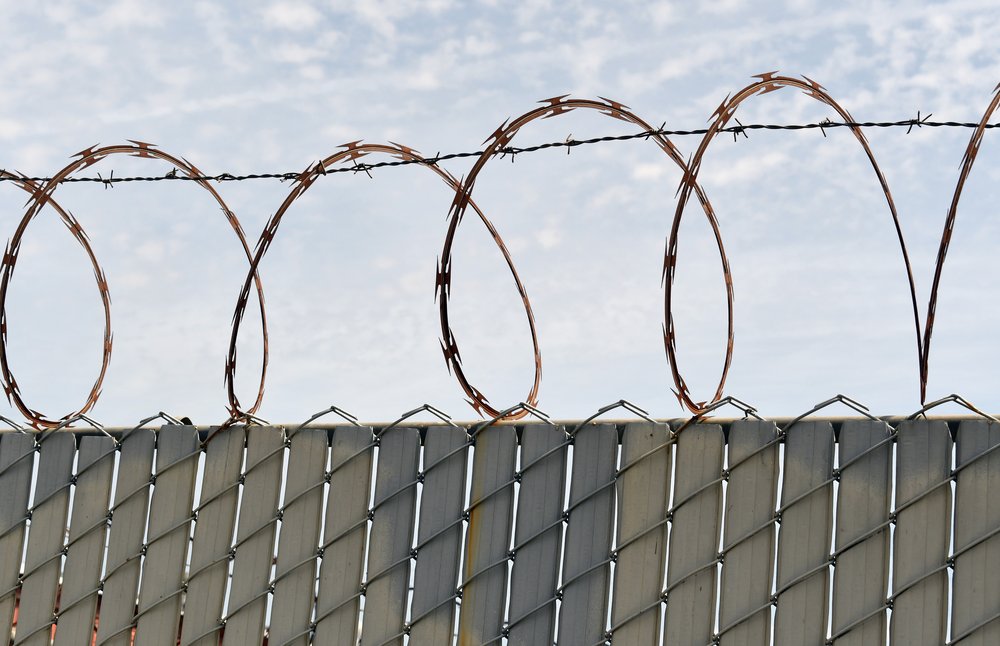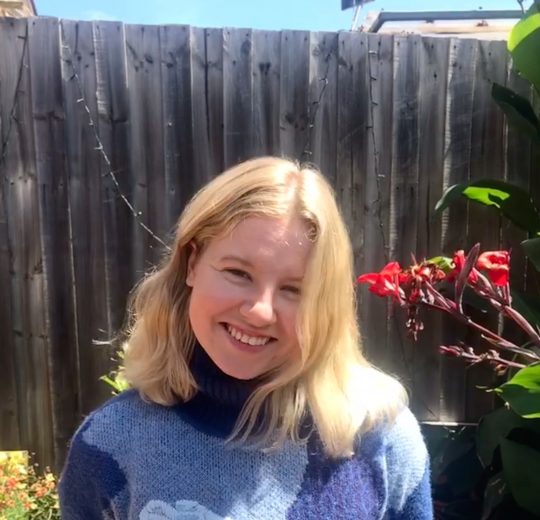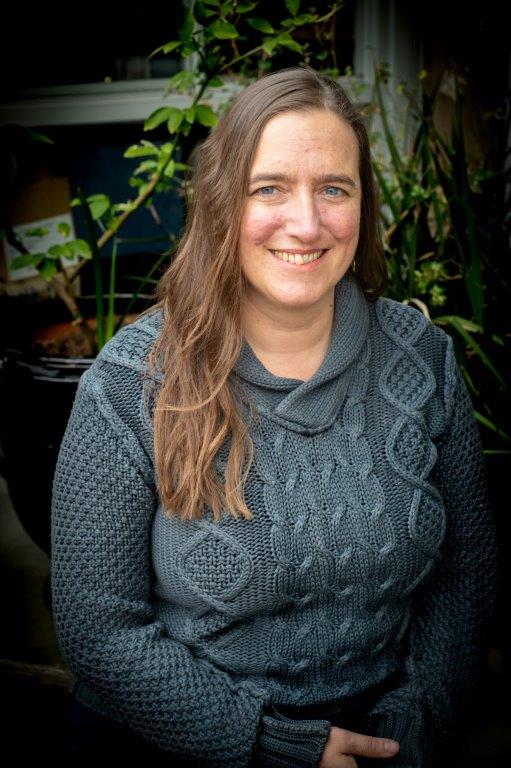
Australia
Elders for Change: Engaging Incarcerated Aboriginal and Torres Strait Islander Women
- Status
- Completed Research
- Research Year
- 2023-24
In Australia, First Nations women are incarcerated at rates significantly higher than their non-Indigenous counterparts, with Aboriginal and Torres Strait Islander women making up a disproportionate share of the female prison population. They are often imprisoned for minor offenses, highlighting systemic biases. In response, Elders for Change, collaborating with the Australian Red Cross, addresses the unique needs of these women in the Townsville Women’s Correctional Centre, focusing on cultural and mental health support to foster resilience and agency.
This research report will examine the innovative program Sisters for Change, that equips participants with skills in mental health first aid and cultural knowledge. Activities led by the women themselves include educational sessions and initiatives to improve prison conditions, emphasizing empowerment over punishment. With 70% of the Centre’s population being Indigenous, the program currently benefits 20 women trained as volunteers, aiming to expand its reach. An evaluation found significant improvements in safety, mental health, and personal development, underscoring the potential of culturally sensitive interventions in reforming justice outcomes for Aboriginal and Torres Strait Islander women.









